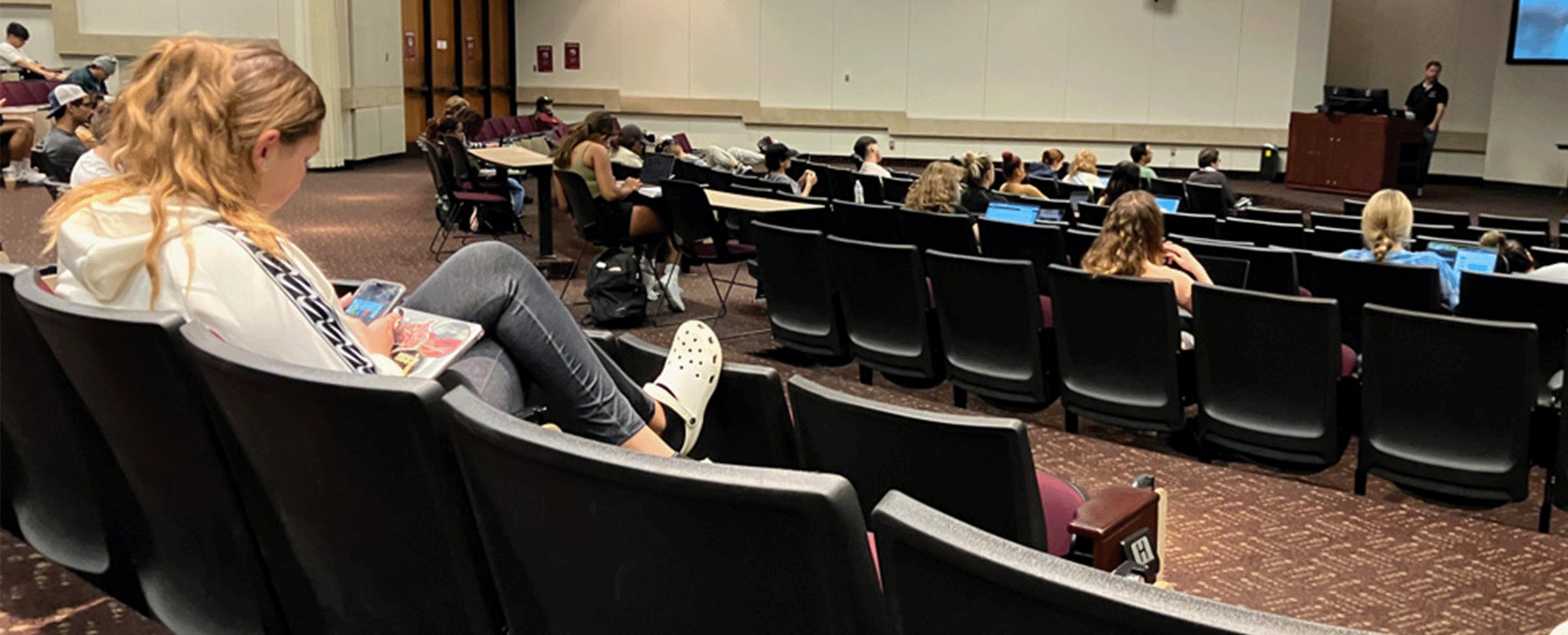
Young people should finish high school, then head to college. That has long been the default thinking for many American families. But in the past decade, attitudes have taken a dramatic turn. Skepticism of higher education is at an all-time high. The number of young people who say a college degree is very important fell to 41 percent in 2019 from 74 percent in 2013. And families across many income brackets are more open to waiting on college or skipping it altogether.
Through interviews with current high school students, their parents and guidance counselors, as well as an analysis of developments in the past decades that have contributed to these attitude changes, EdSurge is diving into the complex factors at work and the real stakes for students planning their lives and educators trying to prepare them for a changing world.
Find out more and listen at the Doubting College series page.






